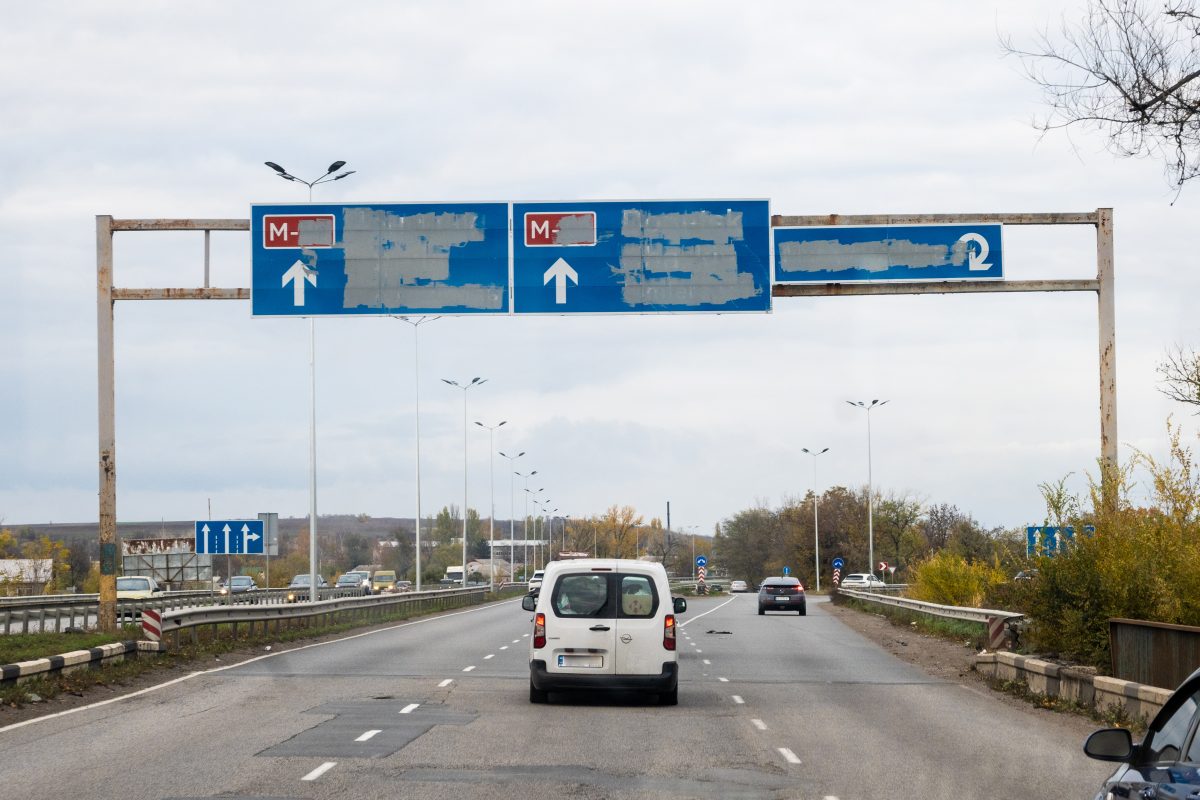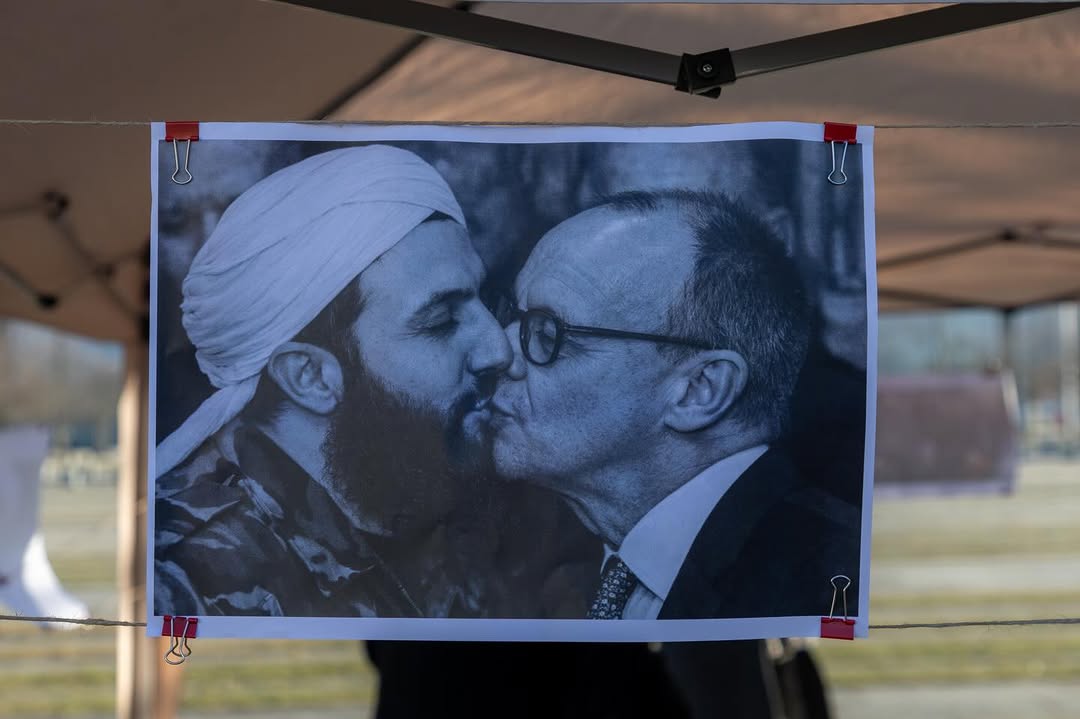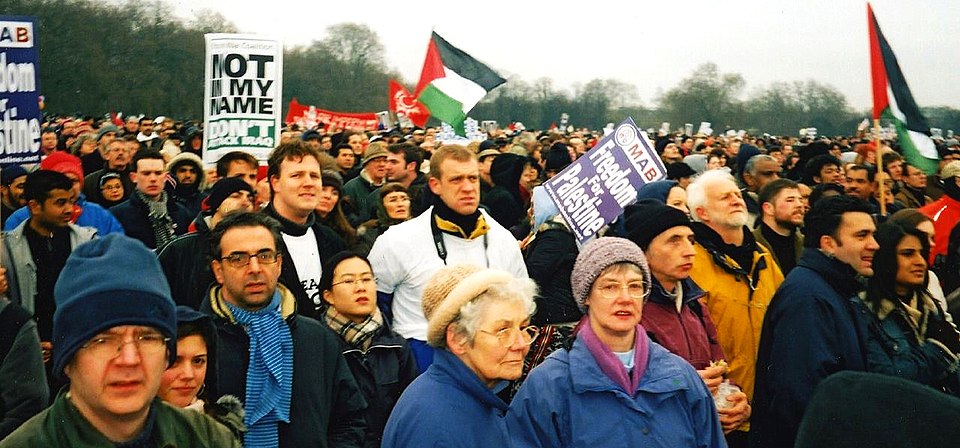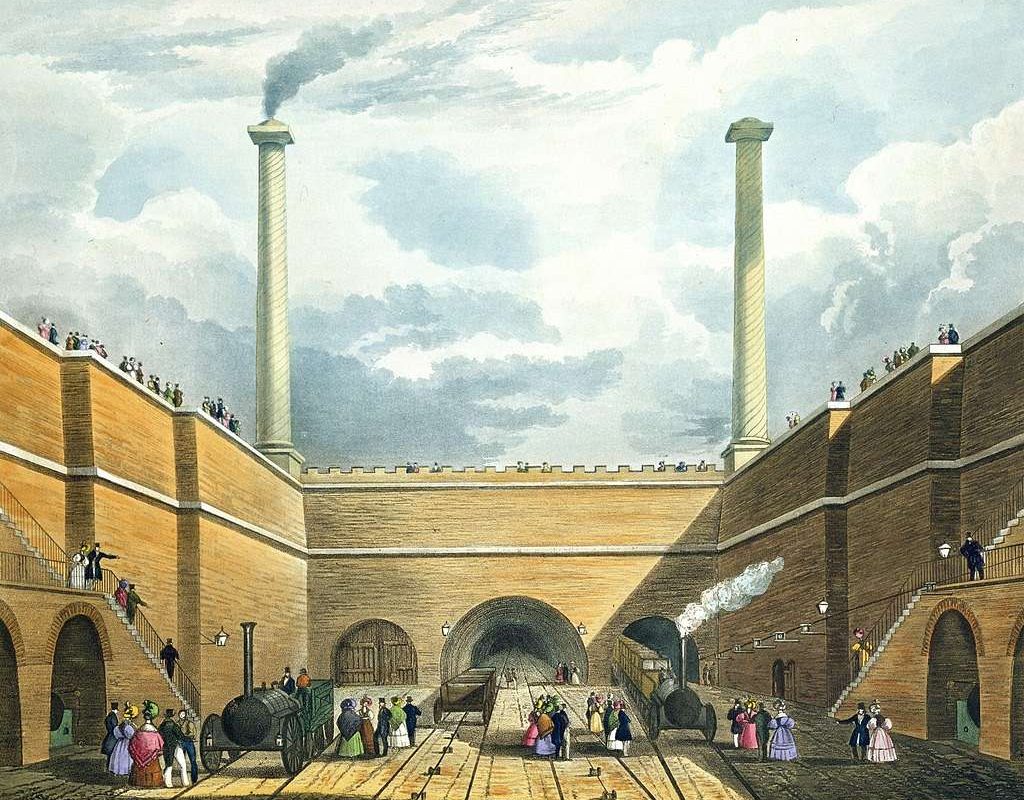Alain Krivine (1941-2022), whose activity as a revolutionary socialist spanned 65 years, has died, aged 80.
His paternal grandfather, a Ukrainian Jew, had fled the anti-Jewish pogroms in the Russian empire. At the age of six months his family was visited by agents of the Gestapo, who are said to have declared of Alain and his twin, Hubert, that they were “beautiful boys”. They were subsequently removed by his parents, who both survived, to a ‘safe’ home in the north of France. His four brothers, who were all politically active, pursued distinguished careers in medicine, science and business; the conductor Emmanuel and the mathematician Jean-Louis are cousins.
Alain joined the youth wing of the Communist Party (PCF) – then an organisation with more than a quarter of a million members – in 1956, when he was only fifteen. It was the year of the Russian invasion of Hungary, Khruschev’s ‘Secret Speech’ denouncing the crimes of Stalin, the Suez Crisis and the hijacking by the French army of the plane carrying the leaders of the Algerian National Liberation Front (FLN). The following year he was in Moscow to attend a Communist youth conference where he came into contact with emissaries of the FLN who were critical of the Communist party’s refusal to give outright support to the national liberation movement. He was to return to the country several times in later years, helping to set up a Russian section of the Trotskyist Fourth International.
On his return to France, Alain soon clashed with the leadership of the PCF and of the party’s student organisation, of which he was a member. After joining the Trotskyist movement (two of his brothers had preceded him) he continued his activity in the Union of Communist Students until his expulsion in 1966. In the years before Algerian independence in 1962 he was active in Jeune Résistance, an underground network of supporters of the FLN, one of whose tasks was to delay trains taking conscripts to the war, earning the displeasure of the PCF leadership.
Krivine is best known as one of the leaders of the Jeunesses Communistes Révolutionnaires, the organisation he helped create in 1966, during the epic May-June events in 1968. There is a right-wing myth that the movement was essentially a revolt of middle-class youth, conveniently forgetting the general strike by ten million workers. Alain, who was active on the barricades and the march to the Renault factory in Billancourt (where the union and Communist Party cadres ensured there would be no fraternising with rank-and-file workers), knew that the key to overthrowing the régime lay with the working-class. But, as he repeated on many occasions right up to the speaking tour he undertook in 2018 for the movement’s fiftieth anniversary, he also knew that the Communist Party and the CGT union federation, which it controlled, were determined to hold back the struggle, and that they had the ability to do so. The revolutionaries had no ‘plan’ to make a revolution. He recalled a demonstration passing in front the parliament building, which was protected by three policemen: “the idea of taking over the parliament never even occurred to us”.
Amongst the many tributes paid to him were those from Chilean leftists for his support after the military coup of 1973, and from Algerian revolutionaries for his political advice and support
In June 1968, as the revolt subsided, the JCR were banned. Krivine was briefly imprisoned in the ancient Santé prison in Paris. In 1973, the successor organisation, the Ligue Communiste, was again banned after a demonstration against the fascist group, Ordre Nouveau, turned violent. The Ligue Communiste Révolutionnaire (LCR) was founded a few months later.
While remaining faithful to the aim of building a party rooted in the working class, his organisation, unlike some rival groups who considered them “petty bourgeois”, was open to the new social movements of young people, women’s rights and environmentalist activists, anti-militarist struggles among others. Alain had cut his teeth on antifascism, his parents’ home had been bombed by far-right terrorists in 1962, and he was generous in his support of undocumented immigrants. However, the majority of the Ligue, like most of the French left, were less well equipped to deal with the emergence of Islamophobia, which became a serious issue in France. Krivine was no exception.
The essence of Alain’s politics was anti-imperialism, as well as anti-Stalinism. In 1967, he helped print and distribute a French translation of the Open Letter to the Polish communist party, written by two dissident Marxists, Jacek Kuron and Karol Modzelwski. In February 1968, he was in Berlin to demonstrate against the Vietnam War alongside the students of the SDS and their leader Rudi Dutschke (Krivine would help organise the demonstrations against the Springer press following the assassination attempt against Dutschke in April of that year). He participated as an observer in the Nicaraguan elections of 1984 and 1990. In the 1980s he spared no effort to defend the anti-colonialist movement in the French territory of New Caledonia (Kanaky). In the 2000s he visited Palestine as part of a delegation as well as Venezuela, where he met the Bolivian Evo Morales. He also took part in events organised by the global justice movement in Brazil. Amongst the many tributes paid to him were those from Chilean leftists for his support after the military coup of 1973, and from Algerian revolutionaries for his political advice and support.
Although considering themselves to be a “party of the struggles”, the Ligue did not ignore elections. In the aftermath of the May events, Krivine stood in the presidential election of 1969 while doing his military service, obtaining just over 1% of the vote (by comparison, the PCF, which he considered to be primarily responsible for the defeat of June 1968, obtained 21 per cent). Five years later he obtained even less, while a young bankworker, Arlette Laguiller, obtained 2% for the rival Trotskyist party, Lutte Ouvrière. In 1999, standing on a joint LCR-LO platform with Arlette, they were both elected to the European parliament. In 2004, he was back in his favourite role as full-time organiser and agitator at the Ligue’s headquarters in Montreuil.
There were many setbacks, and a succession of splits but the contribution of the ‘Ligue’ to creating a dynamic, innovative, democratic political culture of the revolutionary left was ongoing. Krivine knew how to encourage younger militants, and he quickly spotted the talent of a young postman, Olivier Besancenot, who obtained over 4% of the vote in the presidential elections of 2002 and 2007. This was to be a highwater mark in terms of electoral politics.
Responding to the rise of opposition to neoliberalism and the strikes and mass demonstrations in 2006 in which school and university students joined forces with unions to force the government to withdraw a law creating a new, precarious contract for young workers, Krivine and the majority of the Ligue took the risky step of disbanding into a new formation, the Nouveau Parti Anticapitaliste (NPA). The party claimed 9 000 members, making it probably the largest organisation of the far left in the developed world. It was an ambitious plan which assumed that Besancenot’s popularity could be translated into a new type of party and that waves of struggle would attract a new generation of activists.
The potential undoubtedly existed. The French working-class and young people had demonstrated remarkable combativity since the great public sector strikes of 1995, and many more struggles were to come (despite declining union membership), but this did not lead to a growth in revolutionary organisation. The NPA, while continuing to recruit a layer of young people, saw its membership decline rapidly, and those who stayed were divided between a number of factions, something which had long plagued the LCR.
The NPA was also upstaged by the formation of Le France Insoumise, the party of Jean-Luc Mélenchon, who obtained 19.5% in the 2017 presidential election, compared to just over 1% for the NPA’s candidate, car worker Philippe Poutou. Undoubtedly the success of Besancenot in 2002 and 2007 and the continued decline of the Communist and Socialist parties encouraged the NPA’s members to believe, in their words, that they had a “boulevard” before them. This turned out to be an illusion, resulting in part from underestimating the attraction of left reformist, as opposed to revolutionary politics. A decade after the foundation of the NPA, Krivine could characteristically admit that “we messed it up”, but, as always, “the fight must go on”.
He would be the first to volunteer to carry out the humblest organisational tasks… Alain was a very human revolutionary
Despite mistakes, the LCR/NPA has made a significant contribution to keeping the revolutionary, internationalist tradition alive – and not just as a club for “survivors”. Krivine’s party will be present once more in this year’s presidential election, though it is to be feared that its candidate will fail to attract more than a tiny proportion of voters. In this period, without exception, Alain Krivine was present, leading, encouraging and sometimes reprimanding comrades, in the spirit of “pessimism of the intellect, optimism of the will”. Even as illness overtook him, he was still an inspiration.
A committed Marxist, Krivine is not known as a theoretician, and the list of his publications is short (this role was played by his close friend, Daniel Bensaïd, and others). He was above all an activist, a charismatic speaker, a formidable debater, and no task was too small if it helped build the organisation. In later years, when I knew him, he was a stalwart of the LCR (and later the NPA) in the Paris suburb of Saint-Denis – then a stronghold of the PCF – where he asked for and received no special treatment, despite his aura of ‘grand old man’ of the far left. He could be found in the town centre every Sunday morning, selling the party’s paper, Rouge (later L’Anticapitaliste), and amiably greeting local residents. When debating tactics and strategy he was less accommodating, as I once found to my cost – though I was unimpressed by his arguments.
However, he was never a ‘star’. It is indeed extraordinary how often two adjectives come up in tributes from comrades who knew him well – ‘modest’ and ‘kind’. He would be the first to volunteer to carry out the humblest organisational tasks, and his first thought was often to put at ease the newest or youngest recruit or offer to help a comrade in difficulty. Alain was a very human revolutionary. He also had a nice line in anecdotes and jokes: on one occasion, just after the death of Bensaïd, I asked him about the number of Jews in the organisation when it was founded. He replied by saying that the joke at the time was that there were two factions on the central committee – the Ashkenazi Jews and the Sephardic Jews.
There is a saying that it is normal to be a revolutionary when you are young and a conservative when you are middle-aged. It is true that many, but far from all, of Krivine’s best-known contemporaries and comrades on the radical left would leave revolutionary politics to become successful academics, politicians, media personalities or even neo-conservative ‘intellectuals’. Alain himself would never abandon his belief that “Another world is possible”. When he published an autobiography in 2006 it was called “Ca te passera avec l’âge”, which could be translated as “You’ll get over it, son” or “You’ll grow up one day”. It was another example of his humour and playfulness. He never did “get over it”, of course. Nor, contrary to the myth, did the majority of those who took to the streets in 1968 – though few had the willpower to dedicate themselves so single-mindedly to the cause.
Alain Krivine is survived by his wife Michèle, his daughters and grandchildren. A final march of friends, family and comrades accompanied him today to the Père Lachaise cemetery in Paris, where he is in good company.
Respect, comrade : « Ce n’est qu’un début, continuons le combat ! »
Colin Falconer was a member of the same local committee of the LCR/NPA as Alain Krivine. He is currently a member of Ensemble!




